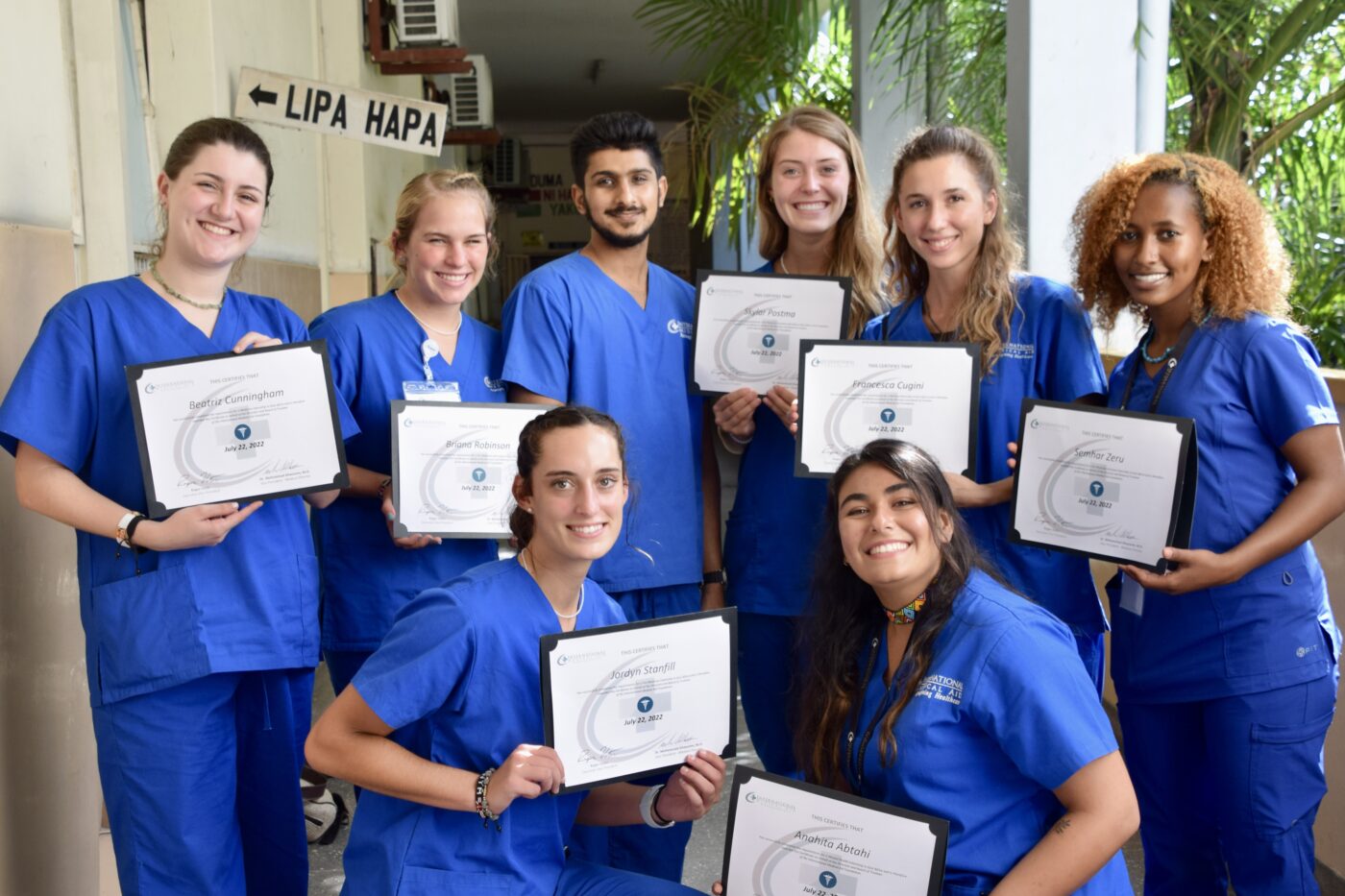Completing your nutritionist internship overseas may be the most rewarding experience you’ll have. At the same time, you’ll discover that there are plenty of challenges that you need to overcome or cope with as well.
Curious about the different rewards and challenges that come with this decision? You’ve come to the right guide. Let’s show you what to expect. We kick it off with the challenges.
Cultural and Dietary Differences
Every culture has unique beliefs about food, health, and even meal timing. Understanding and respecting these practices can be tricky, especially when they clash with modern dietary recommendations.
Say you’re helping a community make better food choices. Maybe high-carb diets are common, but heart disease is prevalent. That said, you’d have to find ways to suggest alternatives that don’t feel invasive or dismissive of their traditions.
When in doubt, observe and ask questions. Show interest in learning about traditional foods, too, and how they’re prepared. This approach can help build trust, which can go a long way when introducing new nutrition ideas.
Language Barriers
There are over 7000 languages on earth today. Going overseas can guarantee that you encounter some you’ve never heard before. In these situations, effective communication may be an uphill task, especially when trying to explain complex nutrition concepts.
Let’s say you’re working with a community where you need to explain the importance of protein. If the word “protein” doesn’t directly translate, you may have to get creative—like discussing sources of it (beans, meat, eggs) instead.
Language gaps can affect the accuracy of assessments, too. Think for a moment, trying to take a patient’s dietary history but struggling to understand their responses. This can lead to incomplete information and makes it tough to create effective dietary plans.
To work through these barriers, learn key nutrition-related terms in the local language before you go. You can also bring along a translation app to help with complex conversations. Also, if possible, find a local assistant or partner who can help bridge the language gap during consultations.
Limited Resources
If you complete your internship in developing countries especially, expect to encounter prevalent cases of malnutrition, anemia, low birth weight, etc. These conditions are often linked to poor nutritional habits and limited access to essential health services—a challenge affecting roughly 4.5 billion people worldwide.
In these regions, you may face a lack of certain food items, supplements, or equipment you’d typically rely on. These limitations can be frustrating, but it’s also an opportunity to get creative. You might have to use what’s locally available and adapt dietary recommendations accordingly.
Researching the local food landscape before you arrive can help. If you know you’ll be in a region where certain items aren’t accessible, think ahead about affordable substitutes or adjustments.
Just as there are challenges to an overseas internship, there are also rewards. Here are some:
Gaining Cross-Cultural Skills
Working with diverse communities gives you invaluable cultural insights that can set you apart in your field. Not only do you learn about different foods and customs, but you also build understanding around unique health beliefs.
For example, in some cultures, certain foods are viewed as “healing” or “cooling,” and people turn to these during illness. These beliefs may not always align with standard dietary recommendations, but they hold deep cultural significance. Learning to respect and honor these perspectives can help you become more adept at working with clients from any background.
Hands-On Learning in Diverse Conditions
An overseas internship exposes you to health challenges that may be uncommon or more severe than what you’ve seen. In some regions, you might face food insecurity and malnutrition due to limited access to diverse food sources firsthand. Working within these limitations can build your problem-solving skills as you create practical solutions.
In a developing area, for instance, you might help design a nutrition plan that maximizes the benefits of a few affordable, local ingredients. Or, you might find yourself assisting in a program that educates communities about nutritious options using available resources.
Personal Growth and Adaptability
Living and working in a new country pushes you out of your comfort zone in the best way possible. Everything, from your daily routine to your food choices, might be different. You’ll quickly find yourself adapting to local customs and adjusting to a new pace of life. This experience builds independence, resilience, and flexibility. Over time, these skills can make a big difference.
Adapting to a new country also boosts your confidence, helping you tackle future challenges with less stress. You’ll also develop empathy and patience as you witness different ways of life and meet people who face unique challenges.
Final Thoughts
Completing an overseas nutritionist internship can be an incredibly rewarding and, at the same time, challenging prospect. To make it significantly easier for you, we at International Medical Aid have resources tailored for your journey.
From country-specific health guides, to educational resources, all the way to funding and scholarship opportunities, and training and educational resources, we’ve got everything to prepare you for the experience.
Ready to take the next step? Explore our resources today and set yourself up for a meaningful and impactful internship abroad.





